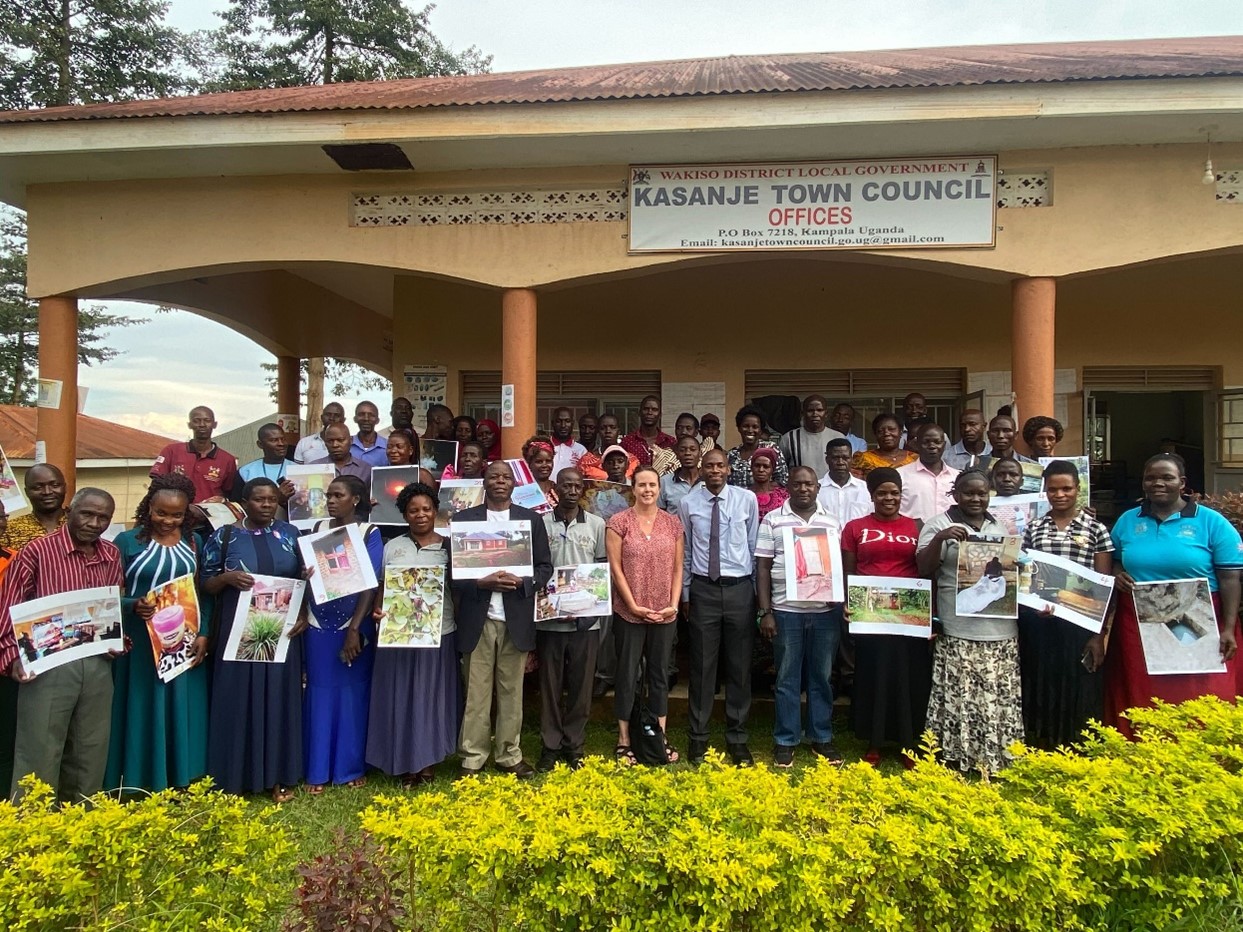The aim of the workshop was to disseminate study findings and share experiences to various stakeholders including local leaders so as to inform practice on malaria control at community level. The workshop participants appreciated the research team and the photographers for increasing their knowledge on various ways that can be used to prevent malaria in the community including environmental modification, housing improvement, and insecticide-based methods. The stakeholders who attended the workshop thanked the research participants for capturing the challenges related to malaria prevention in their area through the photos shared during the workshop.
The local leaders, who were mainly village chairpersons, pledged to work with the research participants to increase awareness and mobilise community members in implementing many of the malaria prevention methods holistically, some of which they noted were inexpensive such as early closing of doors and windows on houses, as well as removing stagnating water from compounds. Ms. Doreen Nabwire, the in-charge of Kasanje Health Centre III in Wakiso district, commended the research team for empowering the community to adopt integration approaches to prevent malaria, a disease that continues to cause severe morbidity and mortality in Uganda.

